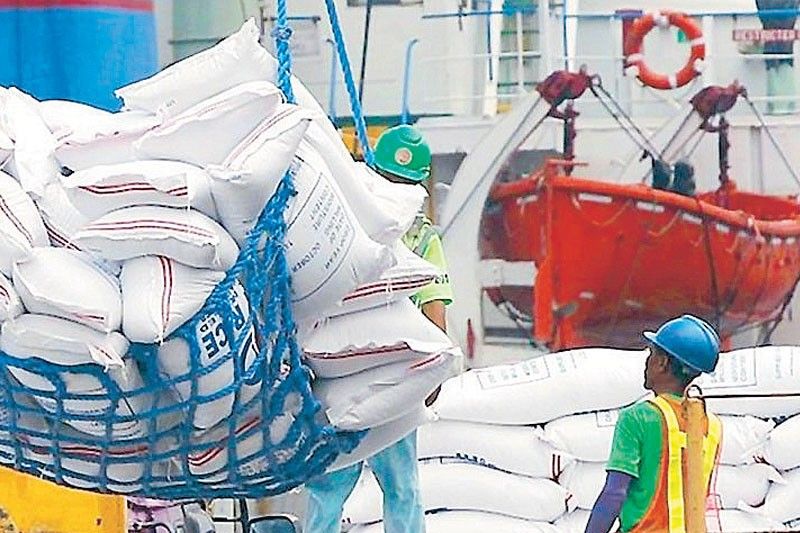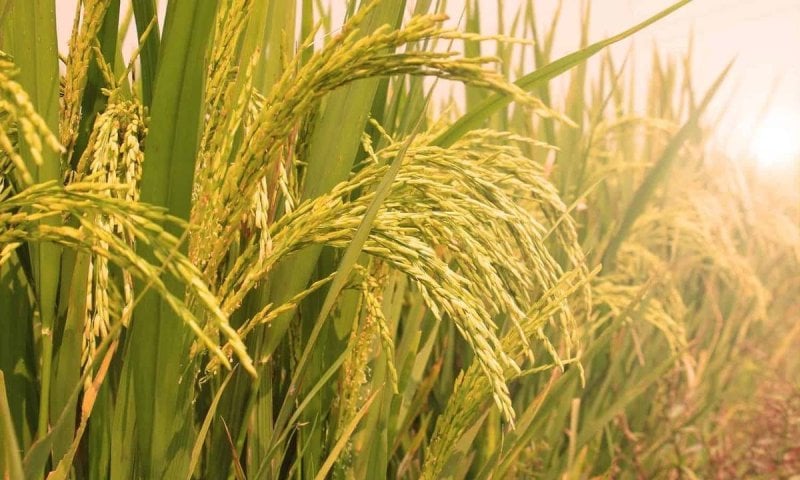Tags
Philippine rice imports continue to mount

MANILA, Philippines — The country’s rice imports expanded by over a quarter to more than two million metric tons (MT) from January to May compared to last year’s level, according to the Bureau of Plant Industry (BPI).
Data from the BPI showed that rice imports from January to May reached 2.086 million MT, 27 percent higher than the previous year’s 1.64 million MT.
Industry sources said the increase was due largely to the country’s need to have sufficient stocks of the staple amid threats posed by the dry spell on domestic production.
Almost three-fourths or about 1.522 million MT of rice imports during the period came from Vietnam, which has been the country’s top supplier of the grain. It was followed by Thailand at 319,740.74 MT.
Government data indicated that rice imports from non-traditional sources, particularly countries outside Southeast Asia, have increased exponentially during the five-month period.
The Philippines imported 147,169.5 MT of rice from Pakistan from January to May, more than 48 percent higher than the 99,280.71 MT that it bought from the South Asian country for the whole of 2023.
Likewise, India, another South Asian country, has already exported 21,169.5 MT of rice to the Philippines, more than half of the 13,924.63 MT total volume it shipped to the country for the whole of 2023.
BLY Agri Venture Trading led all the 161 rice importers in the five-month period with a total volume arrival of 131,178.99 MT, according to the BPI.
It was followed by Orison Free Enterprise Inc and Macman Rice and Corn Trading with rice import volume of 127,924.35 MT and 114,330.8 MT, respectively.
BPI data showed that the three firms were the only ones that have imported more than 100,000 MT of rice during the reference period.
The 161 rice traders and importers have used 2,882 sanitary and phytosanitary import clearances (SPSICs) in bringing in their shipments from January to May.
An SPSIC is a document that importers must secure before bringing in their agricultural goods in the country. It certifies that an imported farm product is safe for human consumption and does not pose any threats to human, animal and plant health.
From January to May 28, the BPI issued 4,140 SPSICs for the importation of over 4.8 million MT of rice.
The Department of Agriculture (DA) tightened last year its rules on rice importation by mandating traders and importers to ship out their shipments to the Philippines within 30 days from the date of their SPSICs.
The DA is seeking stronger regulatory powers from legislators to be able to penalize rice importers who underutilize their applied and approved SPSICs. The department earlier argued that low or no utilization of SPSICs “create discrepancies” in its forecasting regarding the country’s rice supply situation.
The United States Department of Agriculture projected that the Philippines would remain as the world’s largest rice importer this year with a total import volume of 4.1 million MT.
https://www.philstar.com/business/2024/06/10/2361590/philippine-rice-imports-continue-mountPublished Date: June 10, 2024






